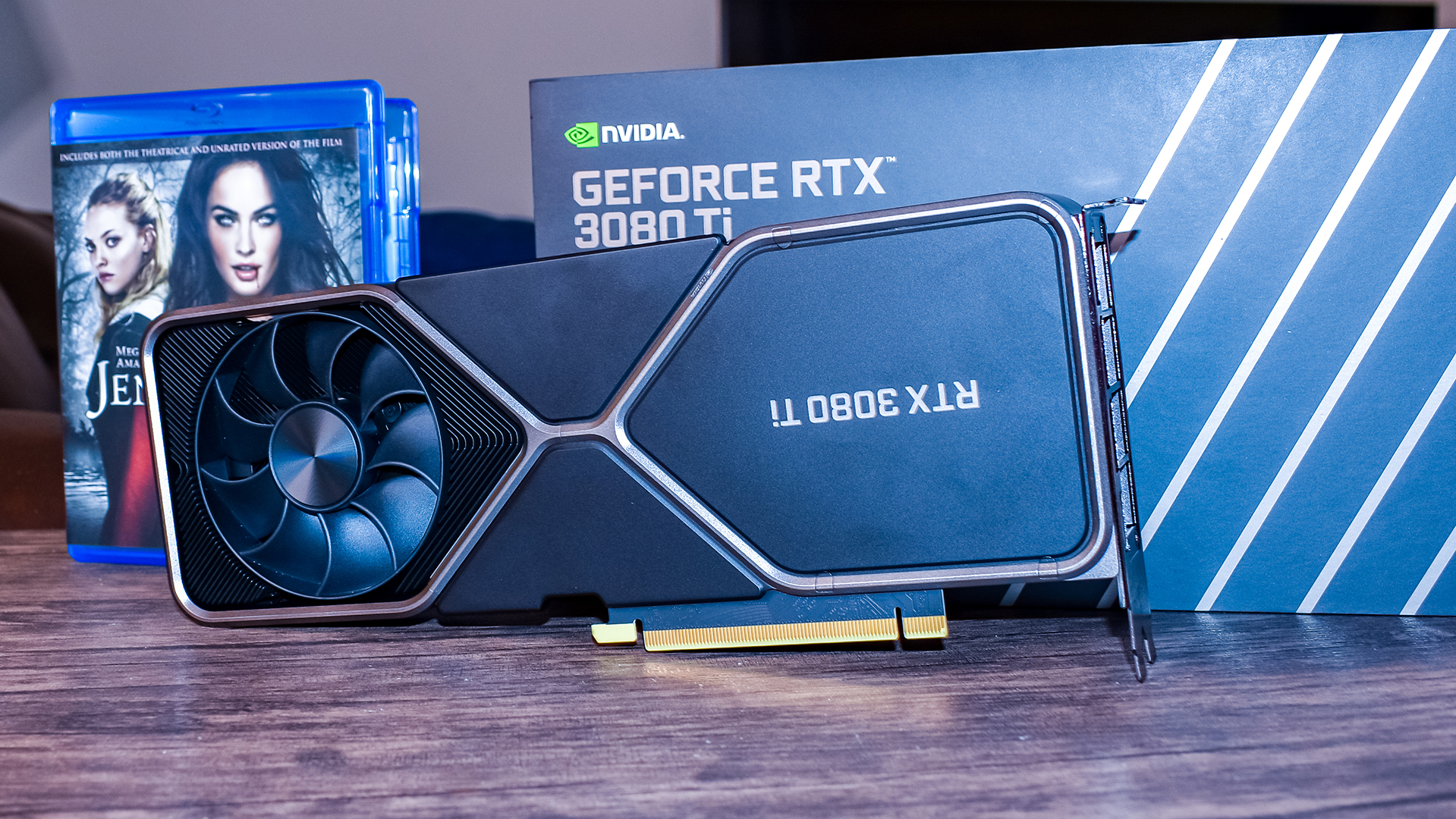Nvidia's LHR cards appeared to be hacked again, but it's malware - updated
New software has apparently made it easier to mine Bitcoin on Nvidia cards

Editors note: We've been getting a lot of reports that this software is actually a collection of malware designed to take over your PC. Do not download it. We do not link to the software in this story, and you should not seek it out. Original story continues below.
Early in 2021, Nvidia released LHR (light hash rate) versions of its graphics cards, starting with the RTX 3060, in the interest of keeping cryptocurrency miners from buying up all the stock before gamers could get their hands on them. However, it looks like that plan just went up in smoke.
New software posted on GitHub by user SergeyDev allegedly gets around the hash rate limiter, making the graphics cards much more powerful for mining purposes. The speeds of each unlocked GPU have been reported by Chinese tech website MyDrivers, and spotted by the folks over at VideoCardz and it appears that all of the Nvidia graphics cards are back at full mining strength.
The software is essentially a third-party graphics driver and BIOS, so this would definitely fall in the "download at your own risk" category, but if it works, it could make all these Nvidia cards freshly attractive to Bitcoin miners, reduce supplies and send graphics card prices on the rise, again.
We don't test cryptocurrency mining performance here at TechRadar, so we can't speak to the efficacy of this software. But either way, it's unlikely that Nvidia will be able to easily stamp out this workaround, as any existing graphics cards on the market would need a BIOS update to counter it.
We've reached out to Nvidia for comment, and we'll update this story if and when we hear anything back from Team Green. But this isn't the first time this has happened and it looks like graphics cards may start to become more expensive soon – as hard as that is to hear.
- Here are the best processors
Sign up for breaking news, reviews, opinion, top tech deals, and more.

Jackie Thomas is the Hardware and Buying Guides Editor at IGN. Previously, she was TechRadar's US computing editor. She is fat, queer and extremely online. Computers are the devil, but she just happens to be a satanist. If you need to know anything about computing components, PC gaming or the best laptop on the market, don't be afraid to drop her a line on Twitter or through email.